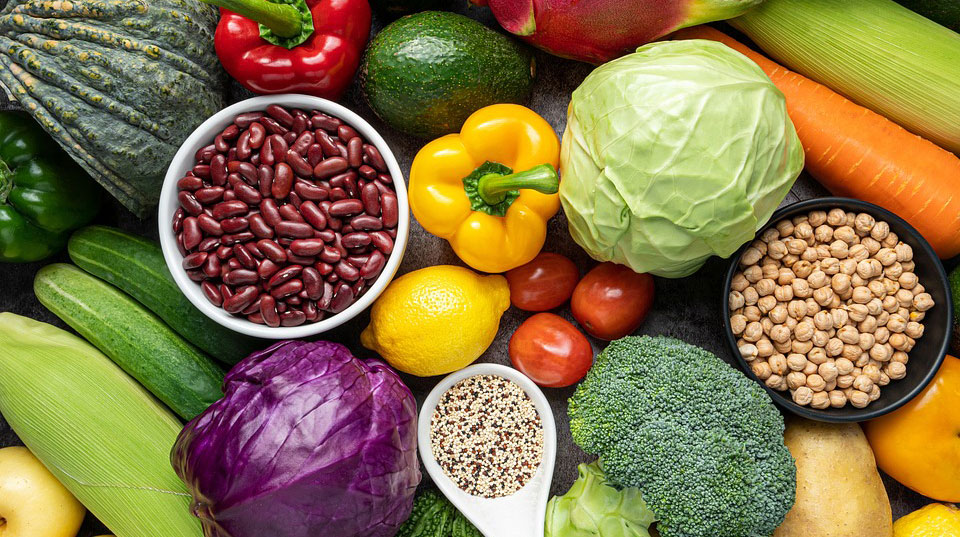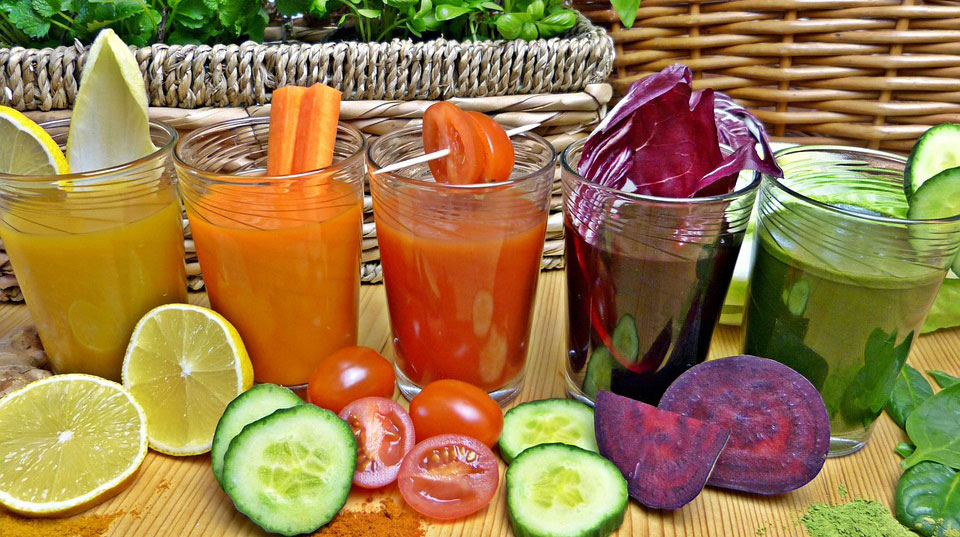
Antioxidants Can Help to Slow Down the Effects of Aging
If you’re looking for ways to defy the effects of aging, then you’ll want to harness the many benefits of anti-oxidants. These nutrients help fight against free radicals, which are harmful to your body and lead to aging. So, make sure that you’re consuming enough of these vitamins and minerals.
Anti-Aging Benefits Of Antioxidants
Anti-oxidants play a key role in maintaining a healthy body and preventing the signs of aging. These substances work by donating electrons to neutralize free radicals, which have the potential to damage cells and tissue.
In addition to the obvious benefits of antioxidants, there are a number of other reasons why they should be consumed. Some of the most important include: preventing cancer, lowering blood pressure, and helping the immune system. In some cases, they have been shown to reduce mortality rates by as much as 40%.
Oxidative free-radical damage, or oxidation, is the primary cause of aging in the body. However, it is also possible to protect the body against oxidative stress. This is accomplished by a variety of strategies. Some of the most common methods are physical exercise and supplementation with antioxidants.
The best way to prevent oxidative stress is to consume a diet rich in antioxidants. This will help your body protect itself from the dangers of free radicals, oxidation and other harmful environmental agents.
Free radicals are highly reactive molecules that are produced by your body when it processes oxygen. They can also be generated from external sources, such as cigarette smoke and radiation. Some of these free radicals have the potential to cause damage to your skin, your cells, and even your DNA.
For example, there is evidence that oxidative free-radical damage is responsible for aging in the brain. In fact, it is one of the most important causes of the aging process, because it disrupts the chemical structures of your cells.
The effects of oxidative free-radical damage are cumulative. This means that the effects of oxidative free-radical exposure increase with age. Some researchers believe that this may be the reason why the elderly have an increased rate of death.
Berries
If you’re interested in defending your body from aging and disease, antioxidants have been shown to protect the body from harmful free radicals, which are produced during a wide range of physiological processes. In addition, they are believed to boost cellular metabolism and promote healthy cell function.
Antioxidants are found in a variety of fruits and vegetables. Berries are rich in flavonoids, which have been linked to a number of benefits, including anti-aging. These compounds also have anti-inflammatory properties.
Aside from fighting oxidative stress, flavonoids help slow the aging process by preventing cell damage. This is a good reason to include blueberries in your diet. They are packed with anthocyanins, which are a type of flavonoid. They have been known to prevent cancer, reduce inflammation, and fight heart disease.
Another benefit of berries is that they’re loaded with vitamins and minerals. This includes vitamin C. As an added bonus, they’re also high in fiber.
One study showed that eating berries can decrease the risk of a heart attack. The study looked at 500,000 Chinese adults. They found that those who ate two servings of berries a week had 23 percent less of a chance of developing Parkinson’s disease.
There is also evidence that berry consumption can improve memory. A study of seniors showed that those who ate berries reported a significant improvement in their short-term memory.
There are numerous other health benefits to consuming berries. They’re high in fiber and are a good source of antioxidants. They may even reduce the risk of depression.
As we age, the body becomes insufficient in its production of antioxidants. However, a healthy diet and regular exercise can help keep this problem under control.
Cocoa
There are many health benefits associated with cocoa. However, it is still unclear whether cocoa is effective in improving neurocognitive function and dementia. This review will highlight the existing data and potential clinical implications related to consuming cocoa.
Cocoa is rich in flavonoids. Flavanols are bioactive compounds that act as antioxidants. They are also known to have anti-inflammatory effects.
The main flavonoids found in cocoa are epicatechin and catechin. Both of these have been shown to improve blood pressure regulation. It is possible that their effects in the brain are mediated by their ability to increase the bioavailability of nitric oxide. This may explain some of the positive effects seen with cocoa consumption.
In addition to its antioxidant properties, cocoa can also affect insulin resistance. Studies suggest that high cocoa intake can reduce the severity of NAFLD in obese mice. It has also been found to enhance vascular tone.
Another study investigated the relationship between cacao flavanols and cognitive performance. The researchers compared the performance of young and old subjects. The results indicated that consumption of cocoa flavanols had a positive effect on cognition in older people.
Age-related decline in several cognitive functions is a major health concern. This decline is caused by several factors, such as neurodegenerative conditions and inflammation. Inflammation can lead to decreased intercellular communication and dysfunctions of intracellular functions.
In older volunteers, consumption of cocoa-flavonoid-rich chocolate improved cerebral blood flow. This is an important measure of oxygenation and glucose distribution to neurons. The researchers believe that the improvement may be due to improved endothelial function.
Although the mechanisms underlying the cognitive benefit of cocoa flavanols are uncertain, they have been shown to cross the blood-brain barrier in human cell lines. This suggests a direct role for cocoa in the central nervous system.
Cruciferous Veggies
Cruciferous vegetables are rich in antioxidants that may slow the effects of aging and help fight cancer. They are also a good source of fiber and are low in calories, making them a great addition to any weight loss diet.
Cruciferous vegetable intake has been associated with lower risks of some chronic diseases, including lung, prostate, and pancreatic cancers. These results have been observed in studies in both the United States and the Netherlands. In addition, cruciferous vegetable intake is not associated with overall mortality, cancer recurrence, or total mortality.
A study on glucosinolates, which are present in many cruciferous vegetables, has shown that they have strong anti-inflammatory properties and are effective in killing tumor cells. They are also known to have antibacterial and antiviral activity.
Cruciferous vegetables have a unique biochemical makeup. They contain glucosinolates, isothiocyanates, and dithiocarbamates. These compounds have been found to possess strong anti-inflammatory properties, as well as strong antioxidant properties. They are important for promoting cardiovascular health and are believed to promote the body’s immune response against pathogens. They are important to a healthy diet, especially for those at risk of developing cancer.
In addition to lowering cholesterol levels, cruciferous vegetables have been reported to be beneficial in the treatment of cancer. They are rich in antioxidants that inhibit the formation of blood vessels in tumors and have been found to inhibit the migration of tumor cells. They are also thought to promote growth and have healing properties. They also help the body counter stress and estrogen.
Other benefits of cruciferous vegetables include the ability to lower blood pressure, and they can be helpful in preventing heart disease. They are also a good source of dietary fiber, which is thought to reduce obesity risk factors.
Brightly Colored Veggies and Fruits
Brightly colored fruits and vegetables have many health benefits. They are a good source of antioxidants, a rich source of vitamins and minerals and are low-calorie options. The United States Department of Agriculture recommends a minimum of 2 1/2 cups of produce a day. The best part is, they taste good! It is a no-brainer to add these healthy food items to your diet. A diet rich in fruits and veggies also helps you stay slim! A bonus is that they are packed with vitamins and antioxidants, thus providing a much needed boost to your health.
The best part is, these healthful foods can be enjoyed by the entire family, making them a convenient and enjoyable way to spend time together. Those with an adventurous appetite will be glad to hear that there is a wealth of colorful fruits and vegetables available at just about any grocery store. The health benefits of fruits and vegetables are myriad and include improved heart and cardiovascular health, improved digestion, reduced risk of cancer and diabetes, and increased energy levels, just to name a few. Adding these to your weekly menu will ensure you are getting the most out of your meals. The health benefits of the good ol’ fruit and veggie are many and the most important ones can be achieved through healthy eating habits.
To get the most out of your food choices, read the labels carefully. You can find the top antioxidants in a variety of fruits and vegetables, from grapes to broccoli to spinach to tomatoes. You may also want to consult a nutritionist for help. In addition to determining your optimal dietary intake, the following guidelines should be followed: eat a balanced diet, exercise regularly, and cut down on alcohol and caffeine.






